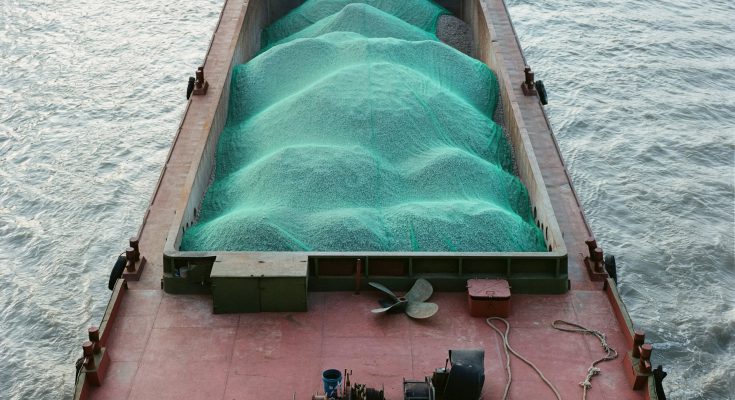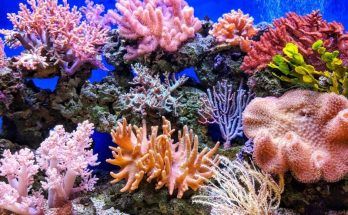Onboard Carbon Capture and Storage (OCCS) is emerging as a potential technology to reduce greenhouse gas (GHG) emissions from shipping. To explore the latest developments and operational experiences, IMO’s Future Fuels and Technology Project hosted a Technical Seminar on OCCS Systems (11 September) at IMO Headquarters.
OCCS applies Carbon Capture and Storage (CCS) technology directly on ships. It captures CO₂ emissions before they enter the atmosphere, stores them temporarily on board ships and later offloads them for transport for utilisation or permanent storage. CCS itself, which captures CO₂ and stores it safely underground for permanent isolation, is increasingly recognised as a key tool to mitigate climate change.
Opening the event, IMO’s newly appointed Director of the Marine Environment Division, Mr. David Osborn, set the scene: “This seminar aims to improve understanding of the latest developments in OCCS technology and its role in decarbonizing international shipping. It will also explore infrastructure readiness, as well as environmental, safety, and human-element considerations.”
Presentations covered insights from ongoing projects on ships and safety and operational considerations, including around the delivery of captured carbon in port and its transportation to possible users. Industry experts shared experiences with technologies installed on ships, discussed innovations like turning CO₂ into limestone and examined lessons learned from large-scale demonstrations. Experts also provided recommendations on how to address current regulatory gaps in IMO’s ongoing regulatory work on OCCS.
Up to 400 international participants attended the event, where they also learned about the carbon value chain, from capture and offloading to transport for utilisation and permanent storage, and the role OCCS could play as an interim measure while alternative fuels are scaled up.
“IMO is actively working on developing the regulatory framework enabling the safe and sustainable use of OCCS technology,” said IMO Head of Clean Air and Climate Action Mr. Roel Hoenders. He outlined IMO’s plans to develop a regulatory framework for the use of OCCS, including guidelines for the testing, survey and certification of OCCS.
The London Protocol (LP) under IMO is the only international treaty providing a legal framework to regulate and enable the safe injection and storage of CO₂ in sub-seabed geological formations for permanent isolation.
The seminar also called for collaboration as OCCS technology advances as a potential temporary solution that can play a valuable part in global efforts to mitigate climate change.
The presentations and recording of the event can be found in the dedicated section to OCCS technologies in the Future Fuels and Technology website.





